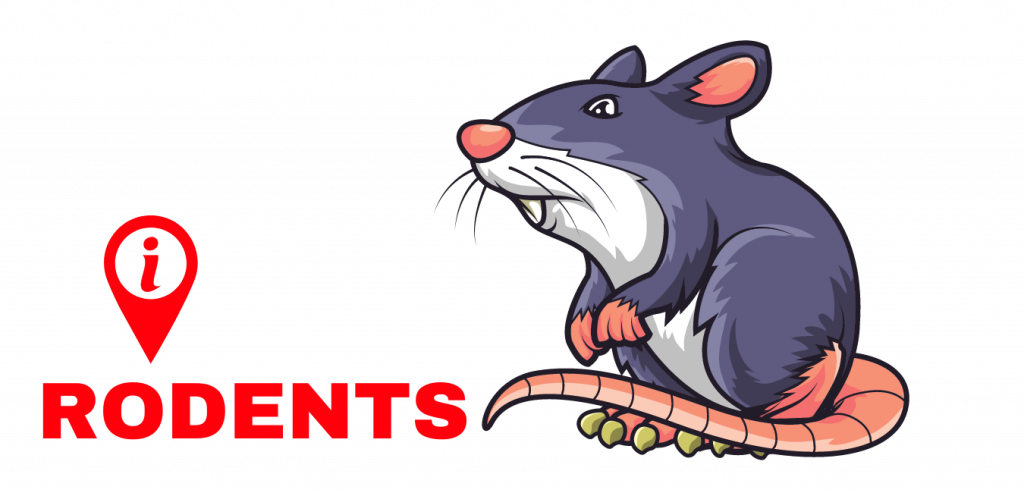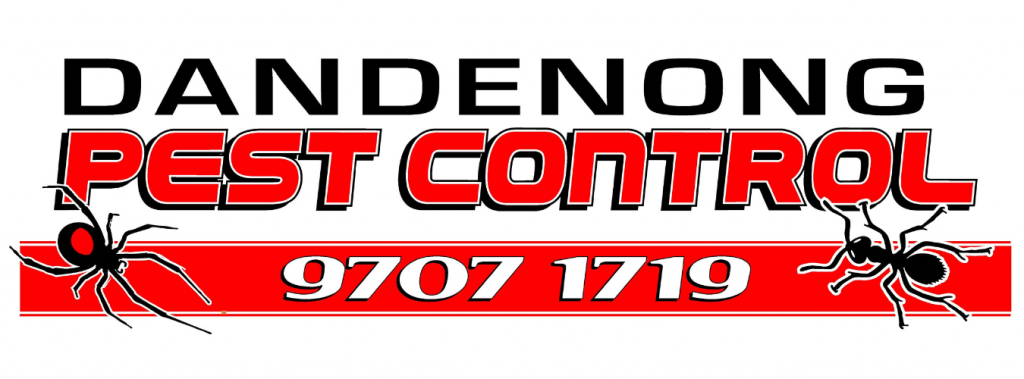
Australia has more than 60 native rodent species and three introduced pest species.
Rodent problems can be distressing and cause discomfort physically and emotionally for a lot of people.
Why Are Rodents And Other Vermin A Serious Issue
If the pest is left untreated, it can lead to further large-scale issues.
- Being social animals, rats and mice live in groups and make nests constructed of any soft materials available e.g. paper fabrics and insulation. Outdoors, they may live in burrows adjacent to waterways, under buildings, in trees and vines, dumpsters, rubbish heaps and other places where food and shelter are within reasonable access. Indoors, they may construct nests in wall voids, roof voids, under floors and even within stored foods.
- Rodents destroy their food sources which can cause devastating damage to a wide range of different settings, such as domestic households, commercial businesses and manufacturers.
- These pests consume large quantities of human food and contaminate the entire storage with their excrement.
- Rats and mice carry diseases that subject you to significant risk.
- If given time to create an infestation, rodents can create a pungent odour via urine, excrement and death within the walls/roof. These smells can prove difficult to remove the longer they are left to fester.
- Rodents have incredibly strong incisor teeth! They use these to chew through almost anything causing significant damage. Including but not limited to; damage to plumbing resulting in water damage, electrical wiring that could cause fires, damaging furniture, carpets, and even the building structure itself. The outcome can be catastrophic!
Common Rodent Species
Norway Rat, also known as the common rat, sewer rat or brown rat.
- An extremely destructive pest that nests within walls and roof spaces of houses and homes
- Life span 9-12 months.
- Females can have 5-6 litters /per yr and average 8-10 pups per litter. The gestation period is 21 days and the young reach sexual maturity at 3-4 months.
- Norway rats are usually active at night. They are good swimmers and proficient diggers and can effectively communicate with each other.
- The Norway rat is an omnivore and will eat both plants and animal matter. They will eat almost anything, including meat, fish, vegetables, weeds, earthworms, crustaceans, nuts and fruit.
Roof Rat, also known as the ship rat or black rat.
- Are usually found in built-up city urban areas and near the coast.
- Life span 9-12 months.
- Females can have 4-5 litters /per yr and average 6-8 pups per litter. The gestation period is 21 days and the young reach sexual maturity at 3-4 months.
- They have great climbing abilities and can nest in buildings and roof voids.
- They are omnivores and will feed on insects or meat if necessary but generally feed on cereals, grains, fruit, and almost any item that has nutritional value.
House Mouse, also known as the field mouse.
- House mice are curious animals and can live indoors or outdoors in close proximity to humans.
- Life span 12months
- Females can have 6-10 litters /per yr. The gestation period is 21 days and the young reach sexual maturity in 6 weeks.
- They have a wide and varied diet including fruits, nuts, grains, animal feed and cereals.
What Can You Do To Help Prevent Vermin & Rodents?
Prevention can go a long way in protecting your home or business!
Sanitation and cleanliness are the most important method for reducing the likelihood of a rodent infestation.
Here are some other helpful tips:
- Ensure all of your inside garbage bins have form-fitting lids. Empty bins regularly and keep them clean, dry and sanitised.
- Pay close attention to food waste bins and empty them daily.
- Ensure your green waste is disposed of the same day as gardening, as green waste left will surely attract rodents.
- Stop rodents from entering your home by limiting points of entry. Take the time to conduct regular inspections around your property to find any cracks or holes that should be repaired. Be sure to use safe sturdy materials and seek advice on which one might be best for your property. Remember, weathering can cause the breakdown of protections and rodents can gnaw through plastics, wood and soft metals.

